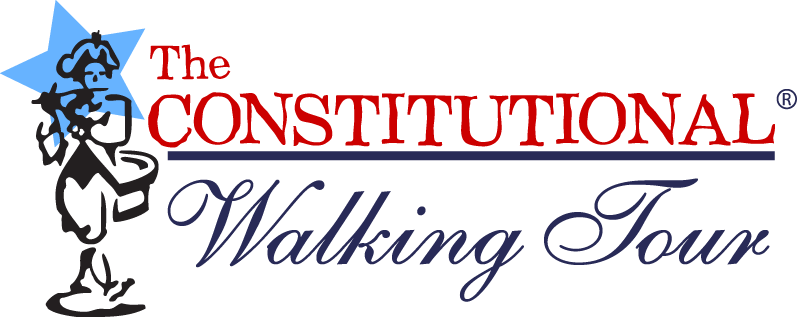Related Posts
- Buy Tickets for The Constitutional Walking Tour of Philadelphia – See 20+ Sites on a Primary Overview of Independence Park, including the Liberty Bell and Independence Hall
- John Coltrane
- Octavius Catto
- Ethel Waters
- C. Delores Tucker
Guest Blogger: Andrew Terranova, Concierge, Sofitel Philadelphia
When I was asked by The Constitutional Walking Tour to put together a series of blogs on African American historical figures in Philadelphia, I jumped at the opportunity to learn more about the proud heritage of our city and the contributions made by its citizens. As an American history buff, I am always fascinated by the individual stories of people who have helped to make history happen.
We do talk a lot about the foundation of our country in the 75 minute walking tour, but the stories don’t end with Ben Franklin and Betsy Ross. These patriots made Philadelphia and America great places, but they couldn’t have without the help of some unsung heroes. I’ll also provide you with the details of where you can go to learn more about them so you can venture out to pay your respects
Dr. William Albert Sinclair (March 25, 1857 – April 20, 1926)

My discovery of this pioneer happened in 2016 when a house I loved at 1221 Pine Street went on the market for sale. I was eager to get a look at the house, and I was mightily impressed when I toured the three-story rowhome, which looked like it hadn’t been touched in years. I did research on the house and discovered that a freed slave named William Albert Sinclair had lived there in the early part of the 20th Century.
Sinclair was born South Carolina in 1858. Born into slavery, Sinclair as a child lived through the Civil War and its aftermath, gaining his freedom in the process. Sinclair witnessed how the failure of post-Civil War reconstruction slid into a new system of subjugation and oppression of African Americans under Jim Crow laws, which led to Sinclair becoming politically active. Sinclair became a follower of civil rights leaders such as T. Thomas Fortune and W.E.B. DuBois, and Sinclair attended Howard University.
Sinclair's first book, "The Aftermath of Slavery" was published in 1905 and used historical analyses to highlight the fight of African Americans against white supremacy. Sinclair dismissed the claims that slavery was a factor in civilizing African Americans, and instead showed consistent efforts from African Americans during slavery and in its aftermath to fight for their freedom and Civil Rights.

I contacted Howard University for more information on this amazing man, but very little could be found except his obituary in a 1926 school newsletter. It stated that “Dr. Sinclair was true to the inspiration and ideals of his youth, and that he died a glorious death, battling with God and the right as he saw it.”
“The system of slavery as it existed in the South, was as black as moral turpitude could make it. The fond words mother, home and family were devoid of their high and royal meaning to the slave. For he lived, moved and had his being in the ever-present, dismal and benumbing shadow of the auction block. His was a life approaching moral desolation; a life in which the great moral incentives begotten of the ties, honor, and blessedness of the family life, blood and name were absent. There was next to nothing in the family life of the slave to inspire him to noble purpose and endeavor.”
-Dr. William Albert Sinclair




